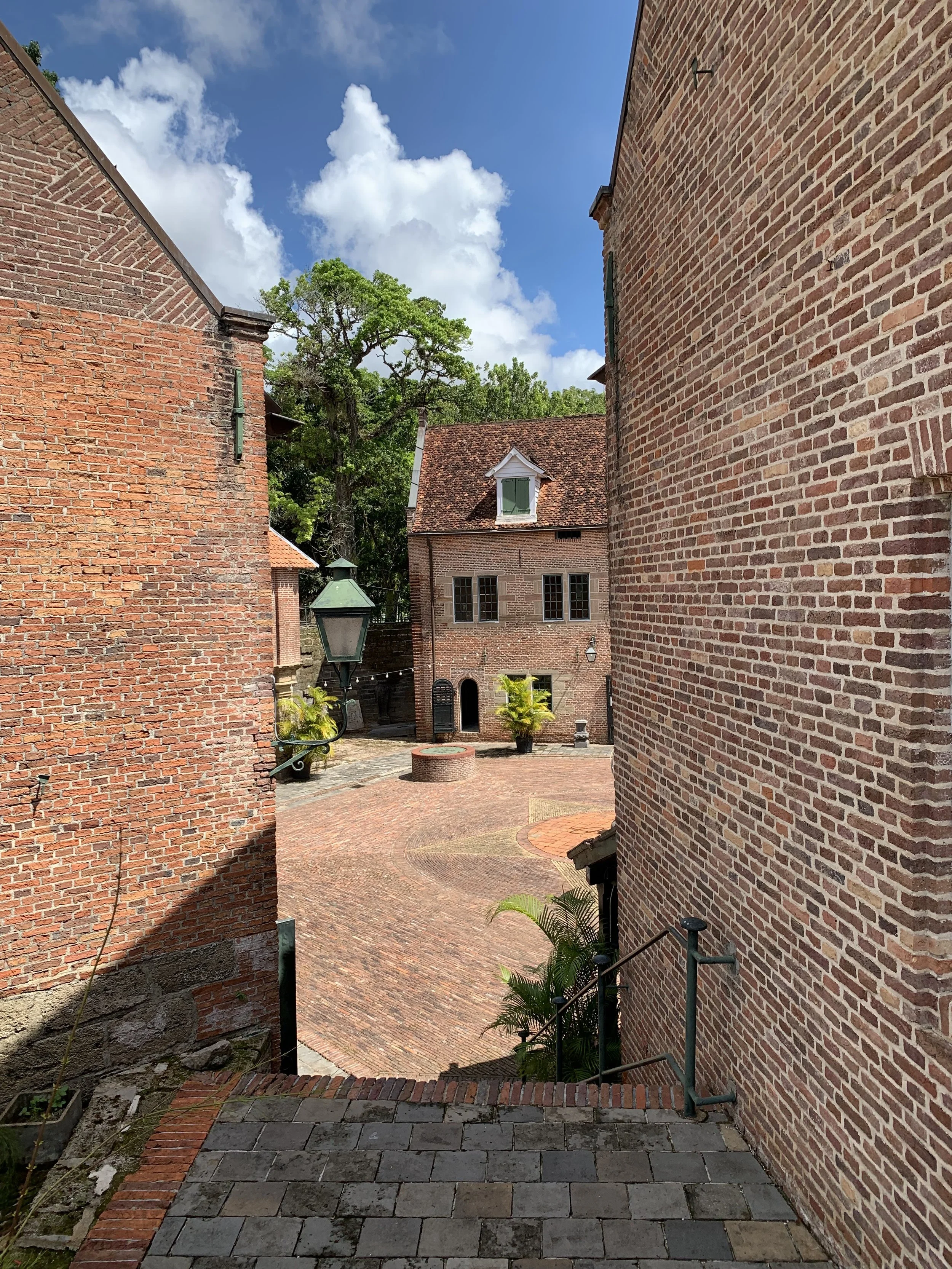
Research
-
Climate Change Governance
My work examines the international environmental policies formulated to manage deforestation in the aim of mitigating climate change in the Global South. Specifically, I focus on Guyana and Suriname and the climate impacting activities taking place there.
-
Colonialism
Given colonialism’s formative role in the creation of Guyana and Suriname and in giving rise to the environmental challenges faced by human beings all over the world today, my work explores the continuities between colonialism and climate change, especially around land use practices in Latin America and the Caribbean.
-
Environmental Conservation
My work on environmental conservation and international development explores how countries in the Global South are balancing their desire for development with environmental conservation in the time of escalating and overlapping biodiversity and climate crises.
Publications
Books
Journal Articles
A Political Ecology of Atmospheres, Collins, Y. A., December 2023, In: Political Geography
Other Contributions to Academic Journals
Regrow forests with locals' participation, Collins, Y. A., 28 May 2019, In: Nature. 569, 630
Book Chapters
Raw Material: On Myths, Gold and Development in Suriname, Collins, Y. A., 2020, Swiss Psychotropic Gold. p. 3826-4230
Blog Posts
What do we mean by decolonizing conservation? A response to Lanjouw 2021, Collins, Y. A., 7 Oct 2021
New Research Project
-
Toward a Political Ecology of Volume
This project uses a volumetric perspective to principally question the sustainability and equity of current and developing governance structures and use practices of the Earth’s ‘commons’. It explores the ways in which the continued integration of what was previously understood as ‘the commons’ into the purview of individual states and private actors destabilizes established norms and policies of environmental governance and makes the territorial claims of states and other actors more ‘voluminous’ (Billé, 2020).

